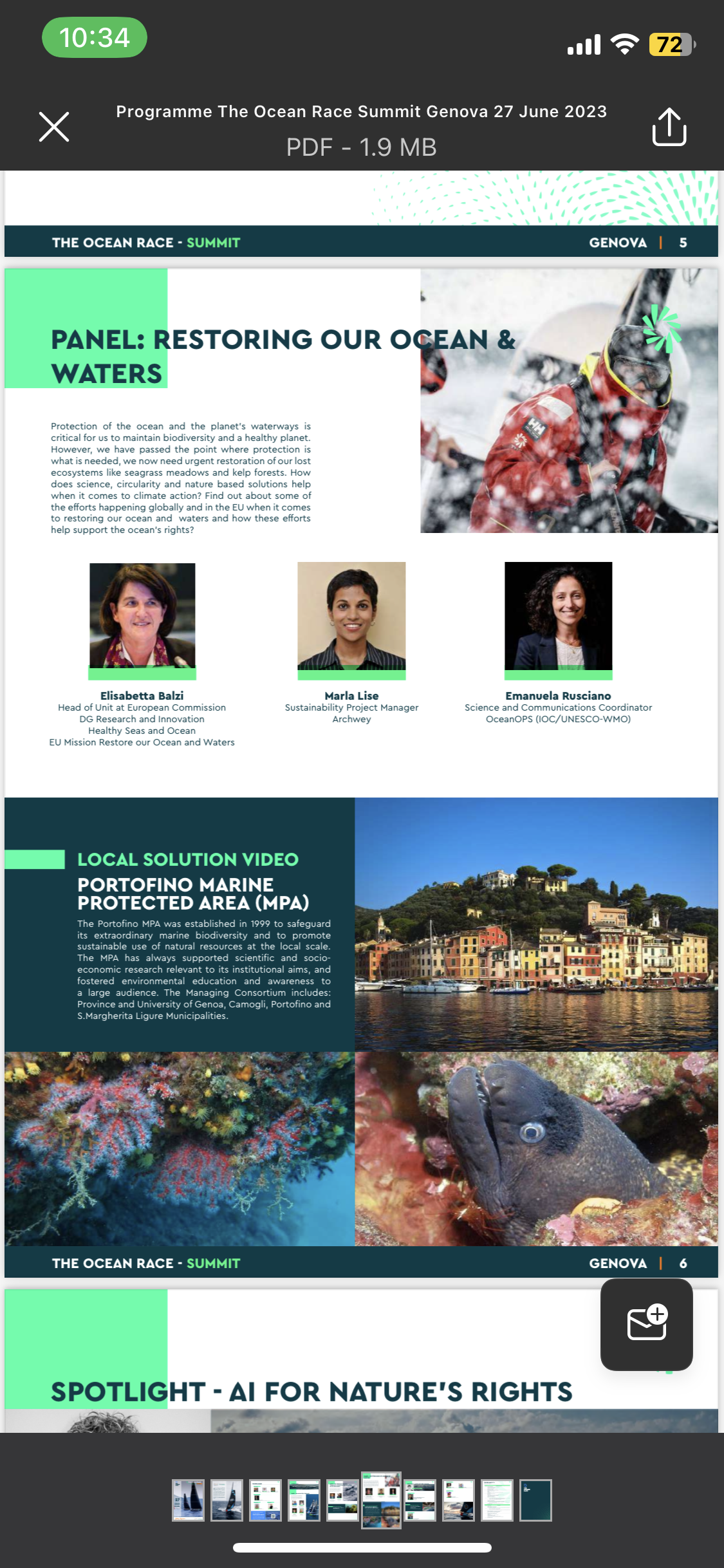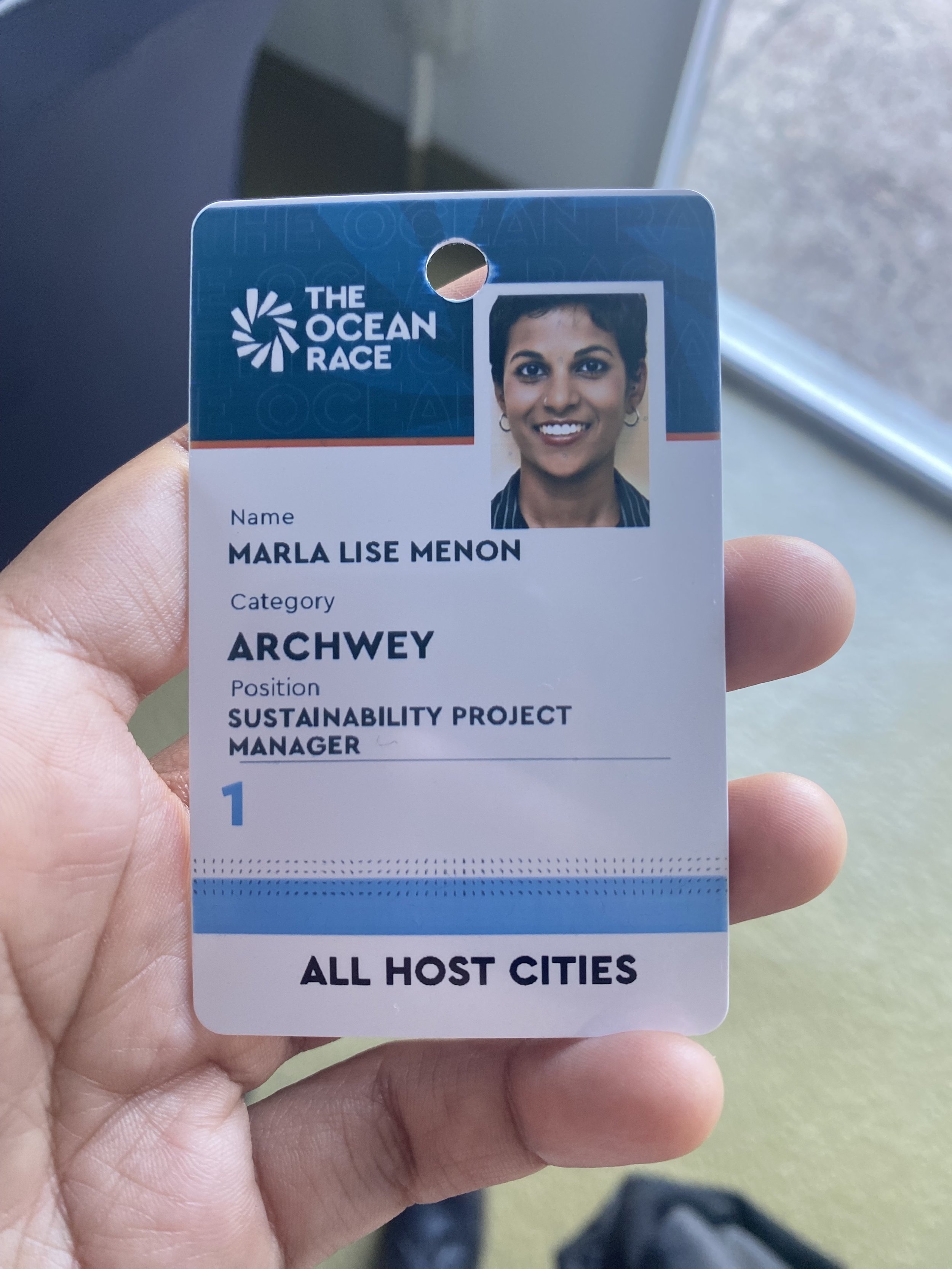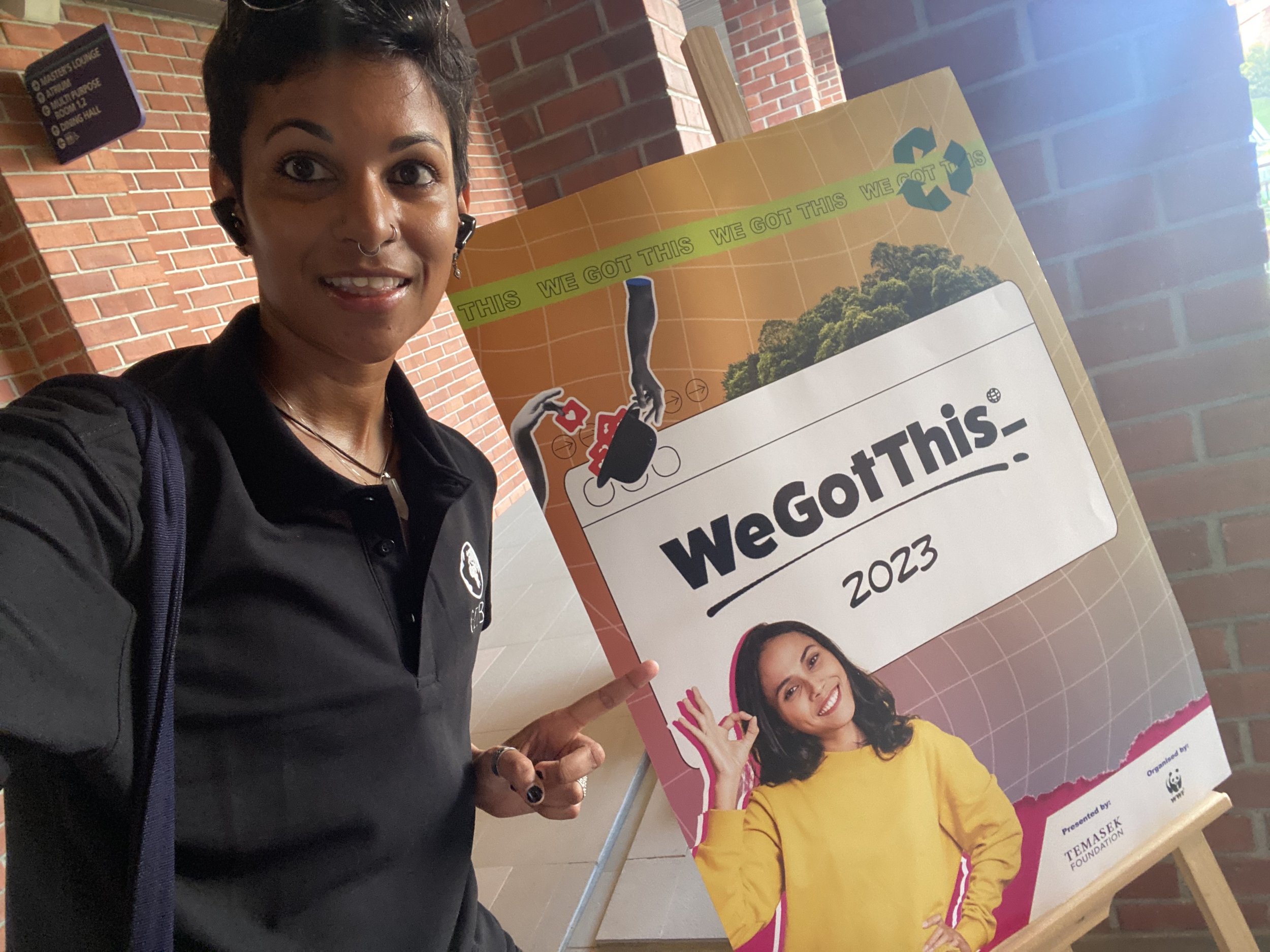5 cents
July 3 2023 - another day, another attempt at coaxing Singaporeans to be more sustainable. This time, with an accrued fee. A 5 cent charge for every plastic bag used.
5 cents is a joke.
An article by CareersFuture stated that an average Singaporean made around S$3800 per month in 2021. Now, estimating that the average Singaporean visits a supermarket once a week, with about 10 bags per visit, that brings the grand total of plastic-bag-inducing-pain, to S$2. So, with S$3798 to spare, what is stopping me from double or triple-bagging all my groceries?
Singaporeans have been opposed to plastic bag bans for a very long time. Eco-Business published an article in 2017, highlighting the public’s disapproval of having this convenience denied to them. One interviewee had this to say about carrying home a Slurpee, an icy cold drink, in a cup, “Double bagging makes me feel safe.” That same article reported Singapore’s use of, “2.5 billion plastic bags every year, equivalent to about 450 per person, per year.”
Now, at 450 bags per year, my entire plastic bag deficit is $22.50, annually.
Big deal.
Why would the cost of one dinner make me want to change my unsustainable plastic habits?
To most, a plastic bag is simply that. Very few people spare a thought about what goes into a making a plastic bag. CNA broke this down with their statistics in an article published in 2018, “37 million kg of crude oil and 12 million kg of natural gas” produces “three billion plastic bags”. Plastic bags are not causing just physical pollution, they are also suffocating us through carbon emissions. The public is again fooled into believing that plastics are recyclable and reusable, however, NEA recorded that only 6% of plastics were recycled in 2021. Other statistics show that plastic bags are in use for an average of 12 minutes, yet take 1000 years to degrade. Why aren’t these statistics strapped to every single-use plastic product?
To add injury to insult, grocery stores have begun to sell rolls of house brand plastic bags, right on the shelves, right next to the cashier. “Here, buy a roll of new plastic bags, where each bag costs only S$0.04, and then pay S$0.05 to put them in another plastic bag to take them home, use them for 12 minutes, and then throw them down the chute.”
Something is very wrong with this scenario. What is Singapore’s objective for the plastic bag charge?
In the public’s commentaries and complaints about the plastic bag fee, Singaporeans lament about the fact that they need bags to throw their rubbish down their garbage chutes. With or without the bag fee, Singaporeans will pay for garbage bags because of this.
So, what is the problem the Singapore plastic bag policy is addressing?
Too much plastic waste, or not enough revenue for supermarkets?
How was this myopic solution chosen, even after four years of consideration?
Singapore has one landfill. This will be filled by 2035. If Singapore is really motivated to reduce the waste sent there by 30%, we need to stop giving people a chance to throw away waste so easily. The more convenient something is, the more difficult it is to step out of that comfort zone.
If we want to reduce the amount of waste produced, we need to make disposal difficult. If everyone had to go downstairs and throw away their rubbish in the big green skip bins, they would definitely think twice about how much they consumed and how much rubbish they had lying around. Singapore has made consuming, throwing, and wasting too simple. It is done without a second thought, it is automatic, a reflex action.
So Mr Government, what is your objective with this plastic bag fee?
And what are you going to do about the continued amount of waste, plastic pollution, lack of plastic recycling efforts, and perpetual wasteful behaviours?


















